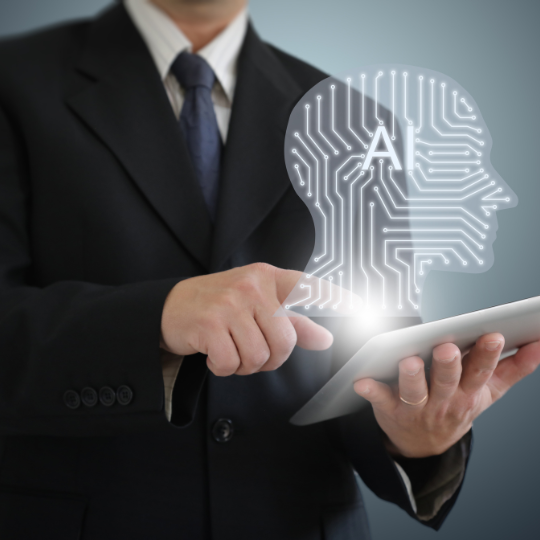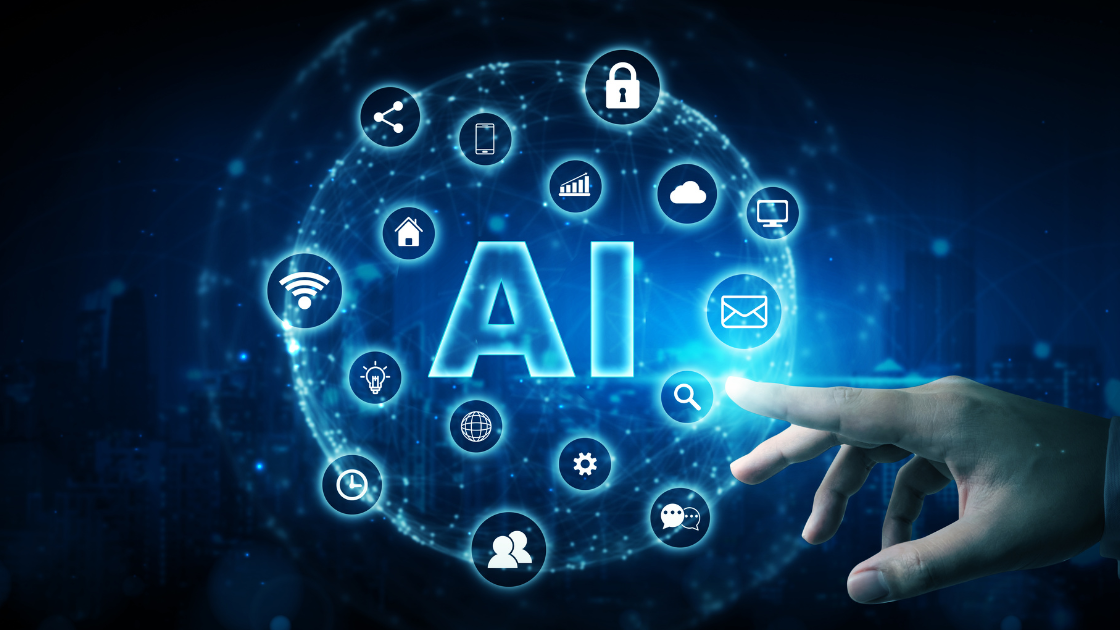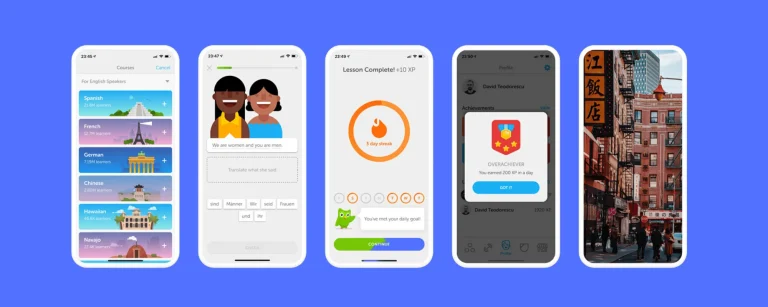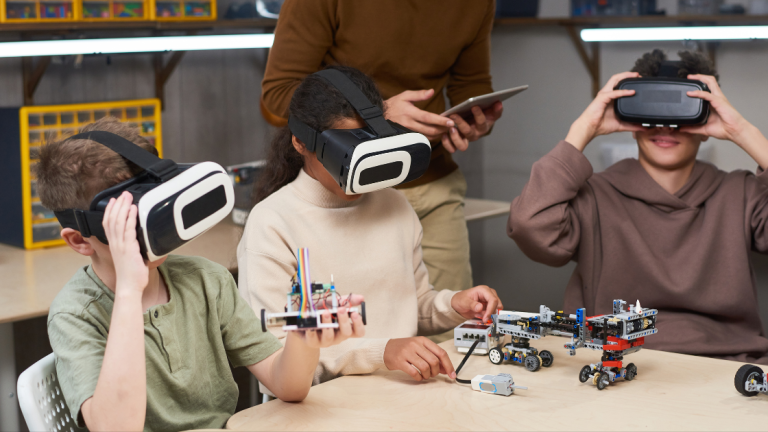Personalization has become an essential consideration for effective communication in times dominated by digital interactions. That might be recommendations on a streaming service that is tuned to taste or some other customer preference or customized email campaigns. At the core of this revolution in personalization is what’s known as Artificial Intelligence, which transforms how businesses are producing and serving their content. The blog talks about how AI in content creation can be applied to industries related to creating customized content, its impact, and associated future potential.
Marketing And Advertising
One of the biggest areas where AI-driven personalized content creation has made a mark is in marketing and advertising. Traditional marketing strategies mostly borrowed a lot from demographic data, hence churning out very generic campaigns lacking a personal touch. AI has changed this and helps one come up with a highly targeted and personalized content.
Dynamic Content Generation: Tools like Persado and Phrasee use AI to analyze large amounts of data, which include customer behavior, preferences, and previous interactions. They then generate personalized marketing messages and email content that speaks to each recipient. This type of personalization sees higher engagement rates and drives conversions because customers are more likely to respond to content they believe is created for them.
Personalized Advertisement: But AI algorithms in platforms like Google Ads and Facebook Ads use user data to create targeted advertisements. The algorithms use data about interests, behaviors, and purchase intent to deliver the ad to the right person at the right time. It is therefore very effective for the advertising budget and enriches the user’s experience with relevant content.

E-Commerce
In a highly competitive marketplace, personalization is important, especially in e-commerce. Offering personalized shopping experiences through AI-driven content generation has become critical.
Product Recommendations: Recommendation engines powered by AI, such as those used by Amazon and Netflix, track user behavior and preferences to recommend probable products or content of interest to a user. These recommendations result from complex algorithms considering a user’s browsing history, past purchases, and even social media activity. Such recommendations will help businesses increase sales and customer satisfaction by offering relevant suggestions for each customer.
Personalized Shopping Assistants: AI-driven virtual shopping assistants make a shopping experience even more personalized. They answer queries, style suggestions, and even guide the buying process. For instance, H&M’s chatbot—available on its mobile app—will suggest outfits to a user by considering his preferences and earlier purchases, hence engaging and personalizing the shopping experience.
Content Creation And Media
Another major area where AI-driven content personalization rages in the media and entertainment domain would be in. Be it in news articles or in video content, the creators are utilising AI to deliver optimised content which is more attuned to individual tastes.
News Personalization: AI acts as an enabler of personalized news feeds, done by Google News and Flipboard. These platforms understand reading habits, preferred topics, and engagement patterns to deliver news articles most relevant for every user. This increases engagement but also ensures that readers get content relevant and useful in their domain of interest.
Video Content Personalization: With the aid of AI, Netflix and YouTube streaming services manage and suggest different videos based on the user’s preference. Ranging from movie and video history viewed to likes and even time spent watching any type of content, it can recommend videos that are most likely to interest the viewer. This keeps a user interested and wanting more.
Education
This is where AI-driven content creation becomes very important for the transformation in the learning process, making it much more effective and engaging for students in this sector.
Adaptive Learning Platforms: Tools such as DreamBox and Knewton make use of AI to create a personalized learning experience for the children. These tools change the content and level of hardness based on the performance of the child and his/ her speed of grasping ability. They provide tailored exercises and feedback so as to make sure that each child experiences something tailor-made for him/her.
Content Recommendations: It recommends courses and learning content through AI on platforms like Coursera and Khan Academy, taking into account the interests and progress of a user. Such platforms would suggest relevant courses after analyzing the past learning behavior and preferences to discover new topics and deepen the knowledge in those topics.
Healthcare
It can also prove really useful in terms of better patient outcome and experience in healthcare. AI is acting like a crucial force in the creation of custom healthcare content.
Custom Health Advice: Artificial intelligence-based health applications, such as Ada and Babylon, provide personalized health advice based upon user input and medical history. Such apps, through the processing of natural languages and machine learning, analyze symptoms to give tailored recommendations and hence render access to healthcare more personalized.
Treatment Plan: AI is also being used to create a patient’s treatment plan. Having an in-depth analysis of the patient’s genetic makeup, lifestyle, and medical history can help doctors come up with tailored treatment plans. This kind of approach will improve treatment effectiveness and patients’ satisfaction.
Conclusion
Personalized content creation integrated with AI is revolutionizing the way businesses and industries communicate with their audiences. At best, AI can help organizations produce relevant and engaging content uniquely tailored to each individual’s taste and requirements.
As AI technology evolves further, we could have even more complex and efficient personalization techniques, further enhancing user experience across domains. Put another way, the future of custom-made content creation is bright, with AI in content creation spearheading this exciting transformation.







